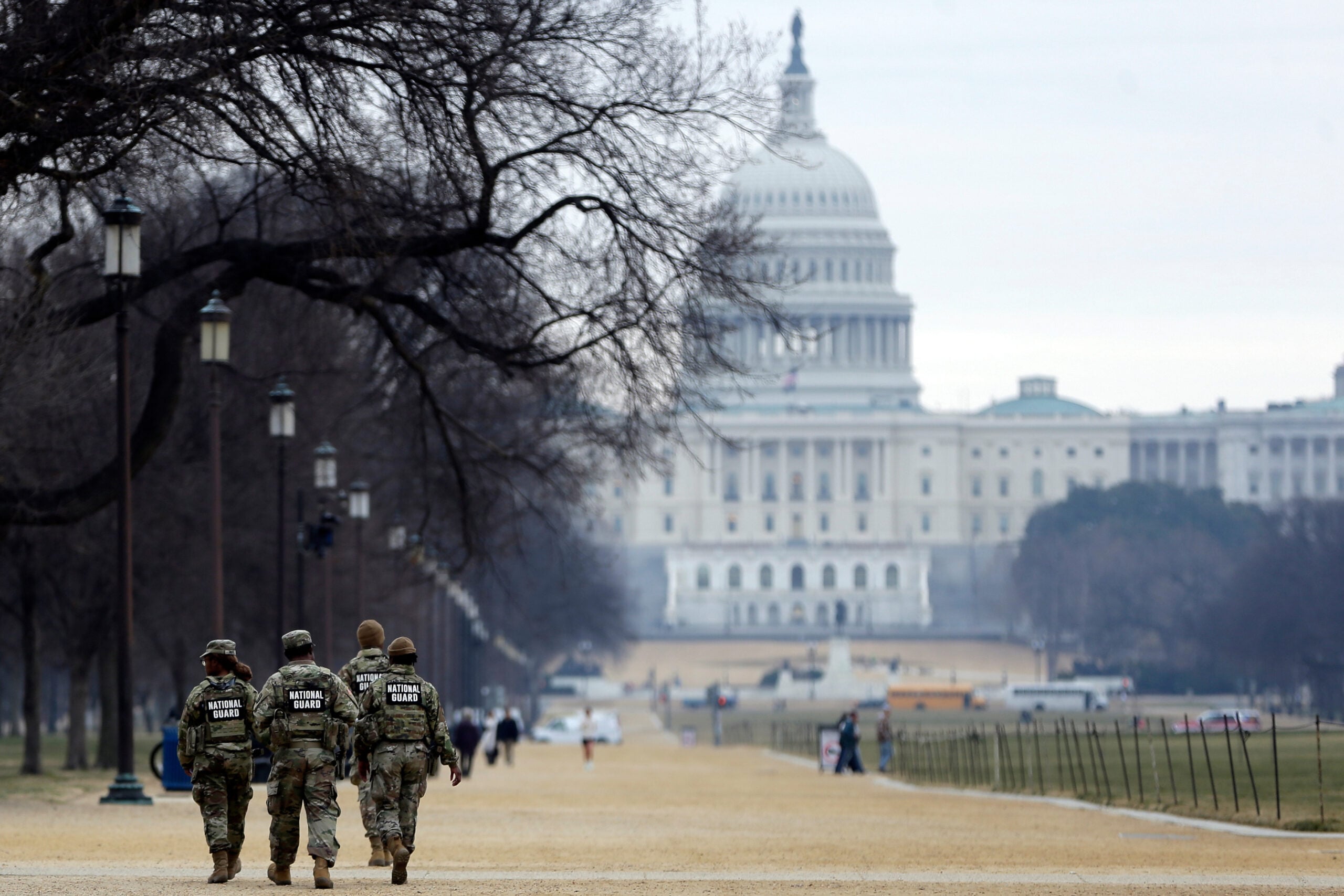
October 31, 2025
The orders remain in effect through Jan. 31, 2026, or until the federal shutdown ends, whichever comes first.
Atlanta Mayor Andre Dickens today launched ATL CARES (Community Action & Relief for Emergency Support), an urgent initiative designed to protect thousands of residents from the impending loss of federal Supplemental Nutrition Assistance Program (SNAP) benefits.
The program, enacted in response to ongoing federal funding uncertainty and the threat of a government shutdown, immediately mandates a moratorium on water shutoffs and residential evictions, a spokesperson told BLACK ENTERPRISE.
Joined by city council members and key nonprofit leaders, Mayor Dickens emphasized that the City of Atlanta is committed to bridging the gap for vulnerable residents who rely on SNAP as a critical lifeline.
“No resident should go hungry or wonder how they will put food on the table because of a government shutdown or a failure to agree on policy decisions,” Mayor Dickens stated. “We care and are standing in gap—not as a substitute for federal benefits, but as a bridge to ensure our residents’ basic needs are met.”
Moratorium on Evictions and Utilities
The centerpiece of the ATL CARES response is administrative order directing key city departments and sponsored entities to cease financial penalties and termination services. The orders remain in effect through Jan. 31, 2026, or until the federal shutdown ends, whichever comes first.
The order directs the Commissioner of the Department of Watershed Management to refrain from terminating the water services of any residential customer due to non-payment.
Additionally, the order establishes a temporary moratorium on residential evictions and filings across City-owned, City-sponsored, and City-funded housing units. Entities, including the Atlanta Housing Authority, Invest Atlanta, and the Atlanta Beltline Inc., are instructed not to issue termination notices or initiate evictions for non-payment of rent, nor to impose late fees for late or non-payment.
To address the resulting food insecurity immediately, the city is coordinating rapid-response efforts with local partners. The Atlanta Community Food Bank announced it is drawing $5 million from its reserves to purchase more than 6 million pounds of emergency food.
“The Food Bank has taken decisive measures to purchase additional food and increase our distribution capacity by nearly 85%,” said Kyle Waide, president and CEO of Atlanta Community Food Bank. “These additional funds will allow us to reach thousands more households struggling to put food on the table and ensure that no family in Atlanta goes hungry during this critical time.”
The Dickens administration is actively seeking further resources from private and nonprofit partners to sustain the effort.
“The City of Atlanta urges residents, faith leaders, nonprofits, and businesses to join ATL CARES in supporting the city’s most vulnerable. Together, Atlanta can ensure every neighbor has access to the essentials they need, even amid federal uncertainty.”
ATL CARES encourages everyone to join the city in meeting the moment through three key actions:
- Contribute to local food banks and community pantries. Partners like the Atlanta Community Food Bank, Goodr, and Hosea Helps are positioned to stretch donations efficiently and deliver immediate support to families. Visit acfb.org/shutdown, Goodr.co, and 4Hosea.org to donate and for further details.
- Support a local family through your Neighborhood Planning Unit (NPU) or neighborhood association. Neighbors helping neighbors strengthens Atlanta’s social fabric and keeps families stable during challenging times.
- Host or participate in community food drives. Residents, schools, and businesses are encouraged to collect food items or organize donation drop-offs to help fill the gap in groceries for families affected by the SNAP lapse.
Please visit our website atlantaga.gov or the City of Atlanta’s social channels for a list of resources.
Understanding the Regional Impact
The potential funding lapse poses a severe crisis for the metro area. Approximately 260,000 people in the Atlanta metro region —about 13% of the population —receive SNAP benefits. Across the 11-county Atlanta Regional Commission (ARC) region, nearly 580,000 people receive assistance. In Fulton County alone, more than 51,000 residents depend on the program. Statewide, 1.6 million Georgians rely on the aid annually.
The city is urging residents, businesses, and faith leaders to join the ATL CARES effort by contributing to local food banks, supporting neighbors through Neighborhood Planning Units (NPUs), and hosting community food drives.
RELATED CONTENT: New York Celebrates International Underground Railroad Month, Honors Harriet Tubman’s Iconic Legacy





